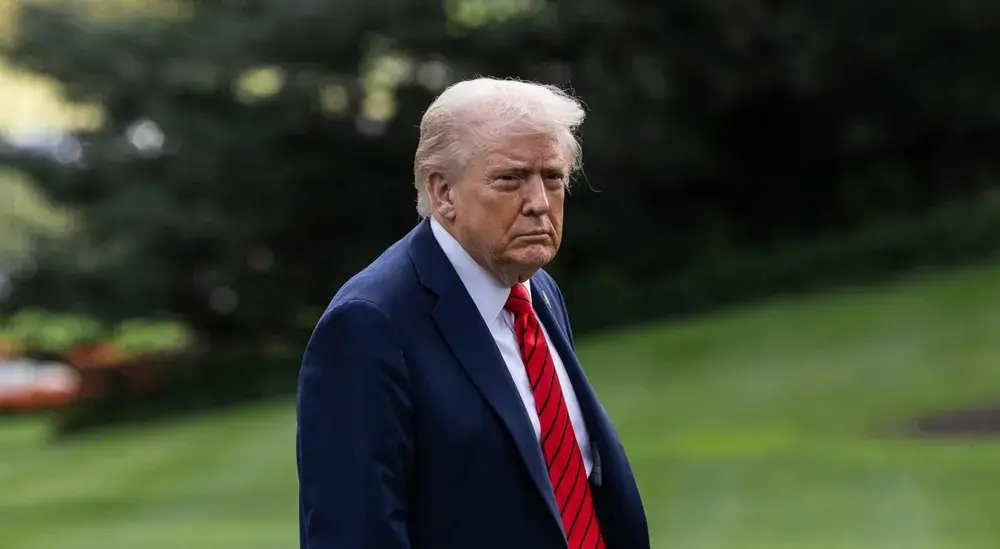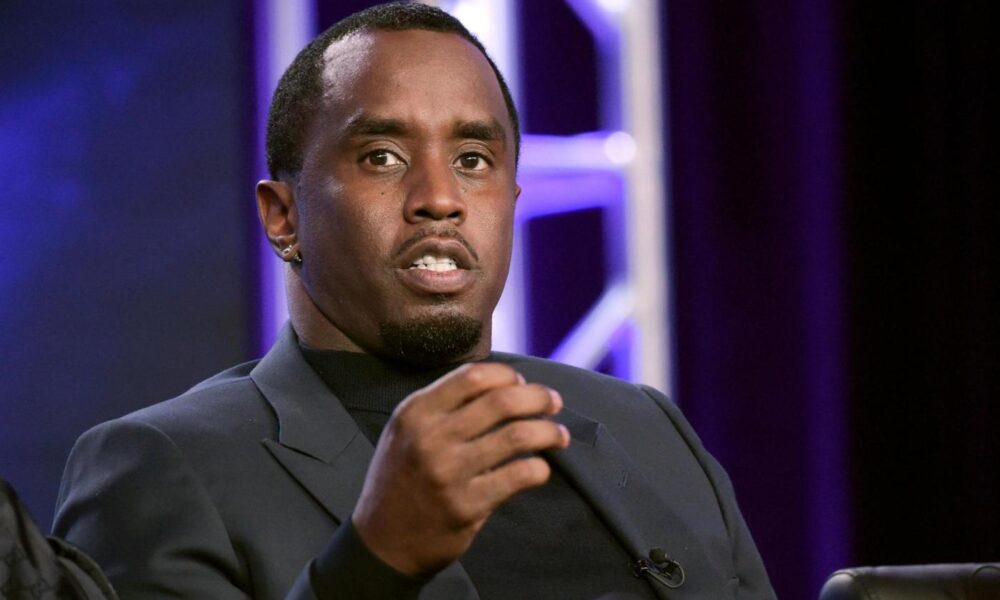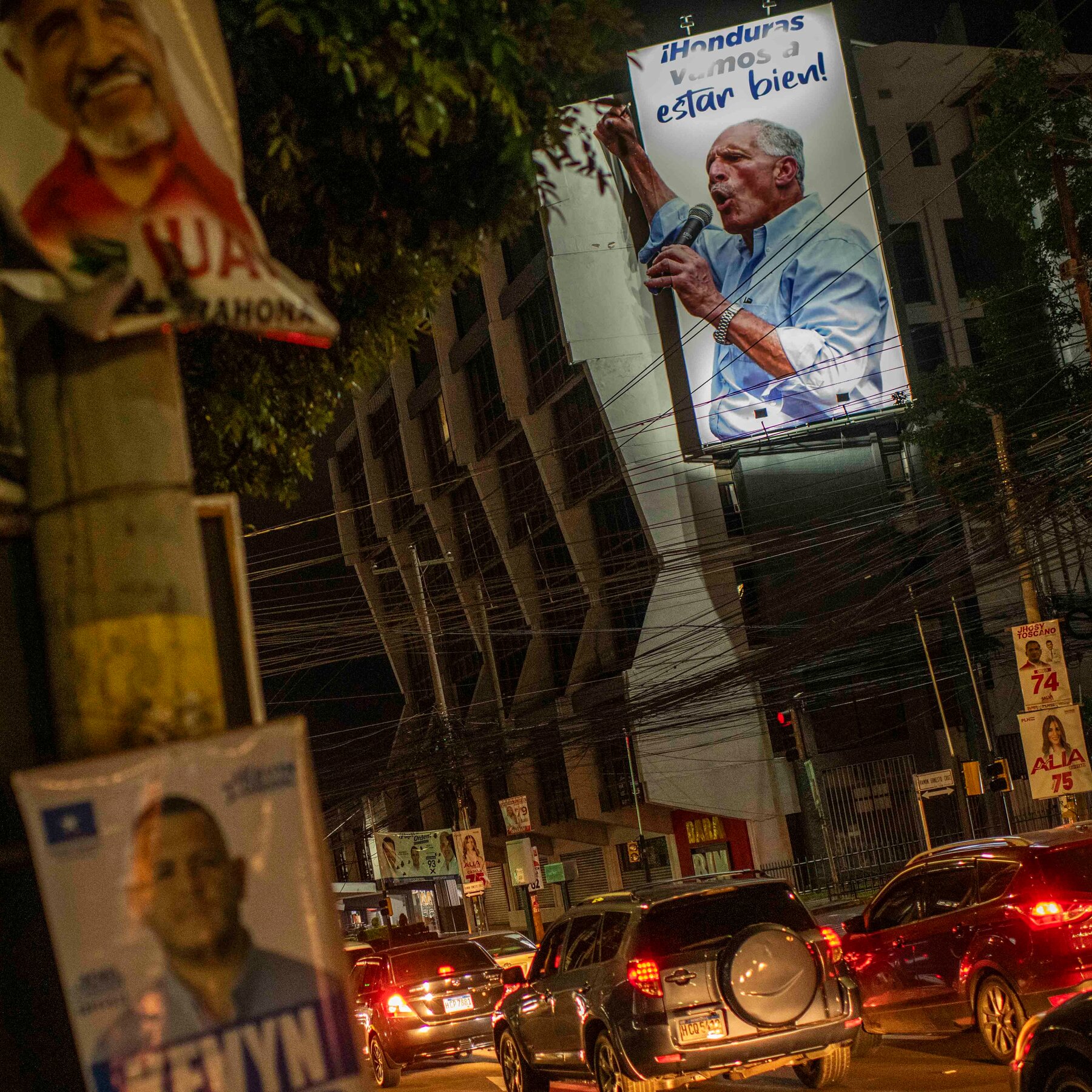President Donald Trump announced on October 8, 2025, that the United States would cease foreign aid to Colombia following remarks made by President Gustavo Petro. This decision came after Petro publicly criticized U.S. military strikes against boats suspected of drug trafficking, accusing the United States of murder in a post on X.
In his post on Truth Social, Trump responded to Petro’s comments, stating that the Colombian president was “an illegal drug leader” who was failing to address the rampant drug production in Colombia. Trump asserted that this situation had led to Colombia becoming the largest producer of drugs, despite receiving significant financial support from the U.S.
“The purpose of this drug production is the sale of massive amounts of product into the United States, causing death, destruction, and havoc,” Trump stated. He emphasized that as of that day, Colombia would no longer receive “payments, or any other form of payment, or subsidies.”
Military Strikes and Political Fallout
The U.S. military, under Trump’s administration, has conducted a series of strikes against vessels suspected of trafficking drugs. This strategy intensified after a September 2 incident involving a boat linked to the Venezuelan gang Tren de Aragua, which resulted in the sinking of a vessel carrying eleven members of the group.
Following Trump’s announcement, Secretary of War Pete Hegseth shared a video on social media showcasing a recent military strike against a boat connected to the National Liberation Army (Ejército de Liberación Nacional, ELN), a designated terrorist organization in Colombia. The three-man crew of this vessel was reportedly involved in drug trafficking activities, further highlighting the U.S. government’s commitment to combating narcotics.
The recent military actions have faced criticism from various political factions, including some Democrats and Senator Rand Paul, a Republican from Kentucky. Despite this, the Senate blocked an effort to halt the strikes, reflecting a broader bipartisan support for a tough stance against drug trafficking.
Trump’s administration has designated Mexican drug cartels, Tren de Aragua, and the Salvadoran gang MS-13 as foreign terrorist organizations, a move he made shortly after taking office on January 20, 2025. This classification underscores the administration’s aggressive approach to curbing drug-related violence and trafficking.
In his scathing remarks, Trump labeled Petro a “low rated and very unpopular leader” and urged him to take immediate action against the drug production in Colombia. He warned, “better close up these killing fields immediately, or the United States will close them up for him, and it won’t be done nicely.”
The cessation of U.S. foreign aid to Colombia could have significant repercussions for the country’s economy, which has heavily relied on American support in its fight against drug trafficking and related violence. As the situation develops, the impact of this political standoff could affect both nations’ strategies in addressing the ongoing drug crisis.
The ramifications of Trump’s announcement will likely unfold in the coming weeks, as both governments navigate the complex dynamics of international relations and domestic policies surrounding drug enforcement and economic support.







